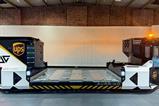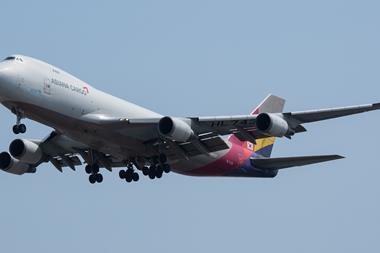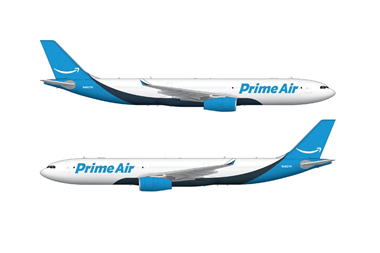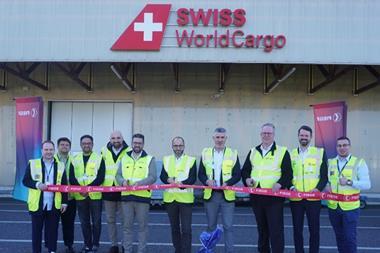Korean Air has completed another regulatory hurdle for its drawn-out acquisition of Asiana Airlines after the European Commission (EC) this week approved the deal.
To gain approval from Brussels, the two airlines agreed to sell Asiana's freighter business after the commission had initially rejected the deal over concerns about its impact on competition.
Korean Air also agreed to provide rival Korean airline T'Way with the slots and traffic rights necessary to launch passenger operations on four routes where the EC was also concerned the merger may reduce competition.
"Korean Air will divest Asiana's global cargo freighter business," the EC said. "The divestment includes freighter aircraft, slots, traffic rights, flight crew, and other employees, as well as customer cargo contracts, among others.
"Korean Air can only implement the acquisition of Asiana following the Commission's approval of a suitable buyer for the cargo divestment. Among other requirements, the buyer must be able and have the incentives to operate the divested business in a viable manner and to compete effectively with the merged company."
The EC said that without selling the cargo business and exiting the four routes, they would have been by far the largest carrier on these routes removing an important alternative for customers.
"Other competitors face regulatory and other barriers to expand their services and would have been unlikely to exert sufficient competitive pressure on the merged company," the EC said.
"This would likely have led to increased prices or decreased quality for passengers and cargo customers."
Korean Air welcomed the news and said work would now get underway to complete the deal and find a buyer, although it also needs to gain approval for the deal in the US.
"For the implementation of the cargo commitments, Korean Air and Asiana Airlines will need to take several steps, such as appointing an advisory firm to oversee the divestment of Asiana Airlines’ cargo freighter business, as well as initiating the bidding process, and selecting a buyer of the cargo business.
"The approval by the EC of the selected buyer is required to close the airlines’ merger deal. Once Korean Air completes the acquisition of Asiana Airlines, the actual cargo divestment process will take place."
It added: "With the EC approval secured, Korean Air continues to be focused on its discussions with the US competition authority to finalise the overall merger review processes as soon as possible."
Korean Air has filed merger notifications to a total of 14 competition authorities, with 13 authorities either approving the merger or concludeding the review of the merger on the ground that the merger was not subject to review or report.
The drawn-out takeover was first announced in November 2020 and was first derailed by Covid, then by the EC's decision to reject the plan and then in late October, when the Asiana board failed to decide whether to divest its cargo unit, which was a crucial factor to gaining EU approvals for the merger.
Days later, Asiana greenlit the divestment of its cargo division, paving the way for regulatory approvals, and setting the acquisition process back on track.
Asiana’s cargo business accounts for around 20% of the carrier’s total revenue. According to Airfleets.net, the carrier operates 10 Boeing 747-400 freighters and a single Boeing 767-300 freighter.
Meanwhile, Korean Air operates a fleet of 23 freighters - 12 Boeing 777 freighters and 11 Beoing 747Fs.
https://www.aircargonews.net/airlines/korean-air-targets-completion-of-asiana-acquisition-in-2024/















